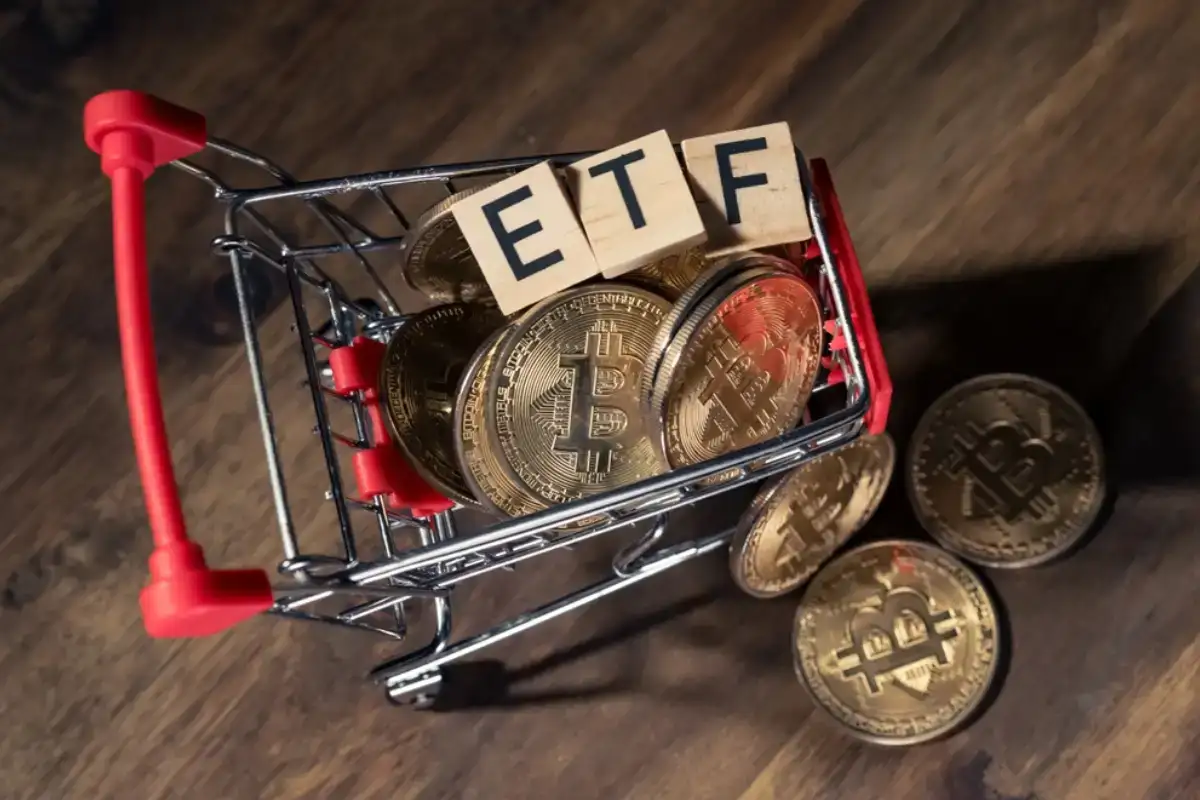Cryptocurrency Regulations in the UAE: Legal Insights for Investors
January 09 2025
The United Arab Emirates (UAE) has rapidly positioned itself as a global leader in the cryptocurrency sector, implementing a comprehensive regulatory framework that balances innovation with financial stability and investor protection. This framework involves multiple regulatory bodies and specific legislation governing the use and trade of virtual assets.
At the federal level, the Securities and Commodities Authority (SCA) oversees crypto assets. In November 2020, the SCA introduced the Crypto Assets Activities Regulation (CAAR) under Decision No. (23) of 2020. This regulation applies to offerors, issuers, promoters, providers of crypto custody services, operators of crypto fundraising platforms, and crypto asset exchanges. Entities engaging in these activities are required to obtain a license from the SCA and adhere to stringent compliance requirements, particularly concerning anti-money laundering (AML) and combating the financing of terrorism (CFT) measures.
In Dubai, Law No. (4) of 2022 established the Dubai Virtual Assets Regulatory Authority (VARA) as the primary regulator for virtual assets within the emirate. VARA's jurisdiction extends across all areas of Dubai, including special development zones and free zones, except for the Dubai International Financial Centre (DIFC). VARA is responsible for regulating and supervising the issuance, offering, and disclosure processes of virtual assets and tokens, overseeing activities related to virtual asset management, clearing, settlement, and custody services, and determining the types of virtual assets and tokens permitted for trading. Entities aiming to operate within Dubai's virtual asset sector must secure a permit from VARA and comply with its regulations.
The UAE's financial free zones have developed their own regulatory frameworks for virtual assets. In the Abu Dhabi Global Market (ADGM), the Financial Services Regulatory Authority (FSRA) oversees crypto assets. The FSRA has implemented a comprehensive framework for digital securities and virtual assets, including the Spot Crypto Asset Framework, which outlines licensing requirements and operational standards for crypto asset businesses. Within the Dubai International Financial Centre (DIFC), the Dubai Financial Services Authority (DFSA) regulates crypto activities. In 2021, the DFSA introduced regulations for Investment Tokens and subsequently established a framework for security and crypto tokens, setting guidelines for their issuance and trading.
The United Arab Emirates (UAE) has recently introduced significant tax reforms affecting cryptocurrency transactions. Effective November 15, 2024, the UAE has exempted all cryptocurrency transactions from Value Added Tax (VAT), with retroactive adjustments applicable from January 1, 2018. This amendment, introduced by the Federal Tax Authority (FTA) under Cabinet Decision No. 100 of 2024, aims to foster innovation and growth in the rapidly evolving cryptocurrency market.
It's important to note that while the UAE does not impose a specific cryptocurrency tax, corporate profits from crypto activities, such as trading and investing, may be subject to the federal corporate tax, which became effective on June 1, 2023.
These tax policies, combined with the UAE's comprehensive regulatory framework, position the country as an attractive hub for cryptocurrency investors and businesses. By understanding and adhering to these regulations and tax obligations, investors can effectively navigate the UAE's crypto market while mitigating associated risks. Investors engaging with cryptocurrencies in the UAE should ensure that any crypto-related activities are conducted through entities licensed by the appropriate regulatory authority, such as the SCA, VARA, FSRA, or DFSA, depending on the jurisdiction. They must comply with AML and CFT regulations, including customer due diligence and transaction monitoring, to prevent illicit activities. Regularly monitoring updates from regulatory bodies is essential to remain compliant with evolving laws and guidelines in the dynamic crypto landscape. By understanding and adhering to the UAE's regulatory framework, investors can navigate the crypto market effectively while mitigating associated risks.
For specific advice tailored to your circumstances, it is strongly recommended to consult with our legal professionals who can provide guidance on compliance with UAE's cryptocurrency regulations and related laws. For more information, contact us on [email protected]

